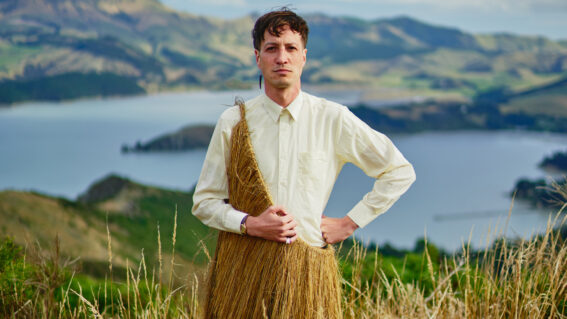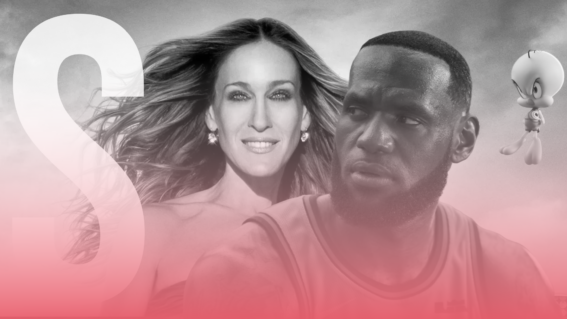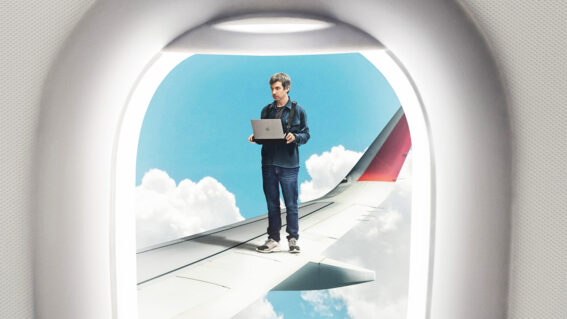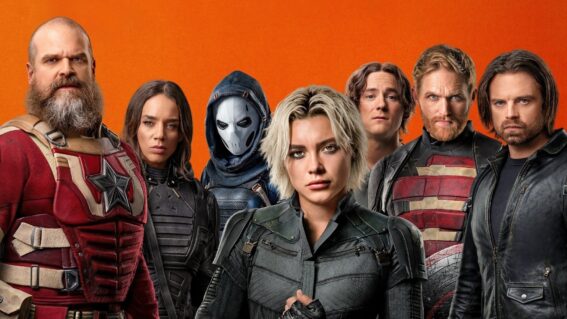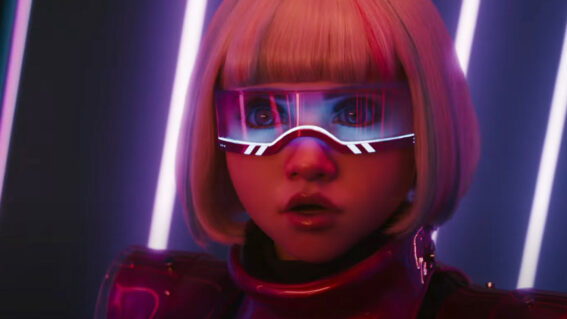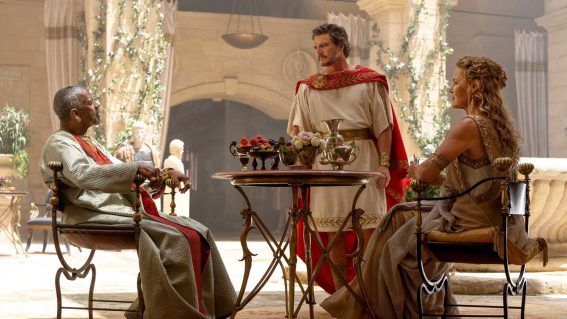Interview: ‘Crossing Rachmaninoff’ Director Rebecca Tansley
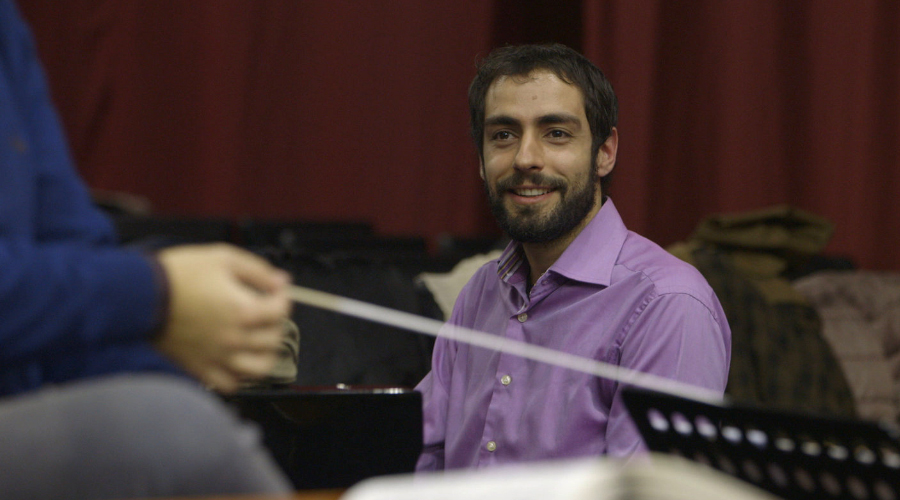
Crossing Rachmaninoff is a New Zealand documentary biopic following Flavio Villani, the Italy-born Auckland concert pianist who returns to his homeland for a nervous concert debut performing Rachmaninoff’s Piano Concerto No. 2. It is currently screening on limited release right now nationwide (click here for session times).
Flicks writer and assistant editor Liam Maguren really enjoyed the film and got a chance to talk to the film’s director Rebecca Tansley about the clever way she merged ‘biopic’ with ‘concert film’.
When did it first strike you that Flavio’s journey would make for a feature film?
I knew Flavio before the whole film thing [started], so I knew his backstory. When he came round to my place one night for dinner and told me he had this opportunity to play the Rachmaninoff, I knew it was this amazingly big thing for him, and I had this weird feeling about it…
I went to bed and listened to the whole concerto right through, which is something I hadn’t done before. I’d heard him performing the first movement a couple of times, just with another piano, and I loved that; it made me cry. I then Googled about the concerto and found out that it was the piece that proved Rachmaninoff as a composer and a pianist.
That was the “Oh my God!” moment, “This is so cool. I am going to make a film about this.” And it was literally a sit-up-in-bed lightbulb moment from which I never really wavered. It was something I just had to do.
It sounds like you already had the story figured out in your head – would this be true? Or did you find that you shot whatever you could and then tried to find a story within what you shot?
I think it’s a little bit of both. When I decided to do the film, I did have an idea of the story I wanted to tell. I think I had an advantage of course because I knew Flavio; I knew his family history and that kind of thing, so I knew the story I wanted to tell, I knew how I wanted to tell it, the approach and the tone and all that kind of thing. But then, particularly once we got to Italy, I had [almost] no control over what we were able to shoot; it was a very intense kind of time.
We were staying with the family and just really absorbed into the family, and so we just kind of shot a lot of material and then I picked and chose from that. I wanted [the film] to be a really honest. I knew what happened between him and his dad, it would have been quite easy to make his dad out as a kind of baddie and an ogre, but I really didn’t want to do that. I was much more interested in exploring the idea that all these sorts of things happen in families.
I also really didn’t want it to be about Flavio’s the next big thing, making him out to be some kind of like amazing [genius] waiting to happen or something. I really just wanted it to be about his journey with this challenge, told in a way that a lot of people could identify with.
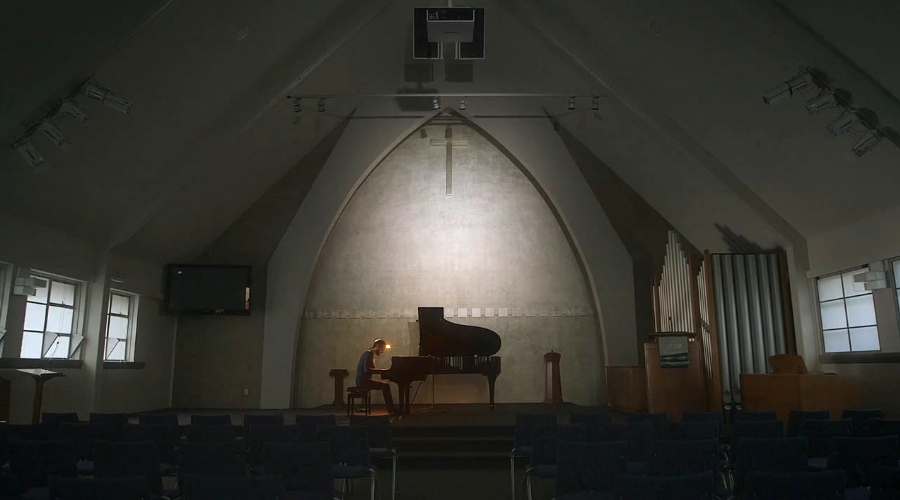
About a quarter of the film is dedicated to just seeing his performance on a piano. How did you justify balancing most of the running time towards telling the story and a large chunk to just being the concert film?
That was another big thing for me, and we talked a lot about it when we were editing the film. I really wanted to honour the music. Because the music itself is the character in the film. That’s what I wanted to try and create by doing that.
At the very beginning, before I did any filming, I knew I wanted to have a whole of the third movement at the end of the film. When I set out to make the film, I wanted to try and start at the beginning of the concerto, which of course I do, and then move through the concerto throughout the film hearing it in a linear fashion, as we were moving through the film. So we’d be hearing parts of the concerto throughout, and then we’d culminate with the whole of the third movement.
I didn’t do that, that was too hard to achieve for all sorts of reasons, but I felt like you needed the payoff at the end of seeing a significant amount of what he’d been preparing for. And I wanted the audience to feel like they were there with him in the concert hall.
Most of the audiences so far that I’ve been with have clapped when Flavio finishes performing in the film as if they were there. And that was exactly what I wanted to try and achieve.
Some people would say, “You’re going to put in the whole of the third movement?” to me and I’m like, “Yeah, that’s a bit brave.” Unless it’s a concert film, there is this [feeling that] nobody wants to sit for that long and just look at someone playing the piano. That’s the vibe I’ve picked up on.
‘Whiplash’ even proved that wrong, because at first you thought you wouldn’t give a shit about jazz drumming, but if you tell a great narrative before then, you can totally get away with 10 minutes, 20 minutes of just seeing a performance.
Wasn’t that an awesome film?
I love that film so much.
It’s just amazing. I love that film as well, and my son’s a drummer actually and he loved that film, and he’s just totally into playing all those beats now, it’s really cool. It’s got him into jazz.
I’ve got a hypothetical: let’s say Flavio butchered that end concerto – would that have significantly changed the way you would have told the story?
You’re asking some really good questions that no one’s ever asked me. I really don’t know what I would have done.
Was it nervous for you, recording that concerto performance?
A little thing at the back of my head that was like, “I wonder how he’s going to go?” But I think mainly I just had faith in him that he would pull off that. And I wasn’t expecting it to be perfect, and it’s not.
[Let’s] put it this way: I didn’t have a plan B. If he got half way through and thought, “Oh my god, I can’t do this anymore, I can’t complete this,” which has happened – not to him obviously, but other pianists – I don’t know what I would have done. I guess I would have had to cut the film differently. It would have been interesting.
‘Crossing Rachmaninoff’ is now playing in cinemas nationwide.

